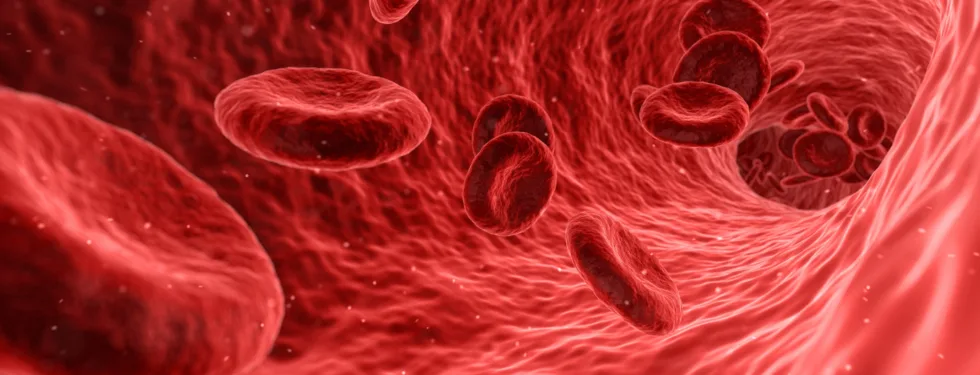In clinical practice it is well established that type O blood, which lacks A and B antigens on the red blood cells, can be safely used in universal blood transfusions for any ABO blood group. Serious or even fatal immune reactions may occur if one receives incompatible blood from a donor. How might we mitigate the risks for low donor supply or unusable blood in emergencies? Research groups from the Technical University of Denmark (DTU) and Lund University now report in Nature Microbiology, an enzymatic conversion method to create ABO-universal blood, a major leap towards human blood that could potentially enable live-saving blood donations to anyone, without negative immune response or the need for matched donor-recipient blood types. Data for the structural determination of key enzymes used in conversion of the ABO-universal blood was collected at MAX IV’s BioMAX beamline.
